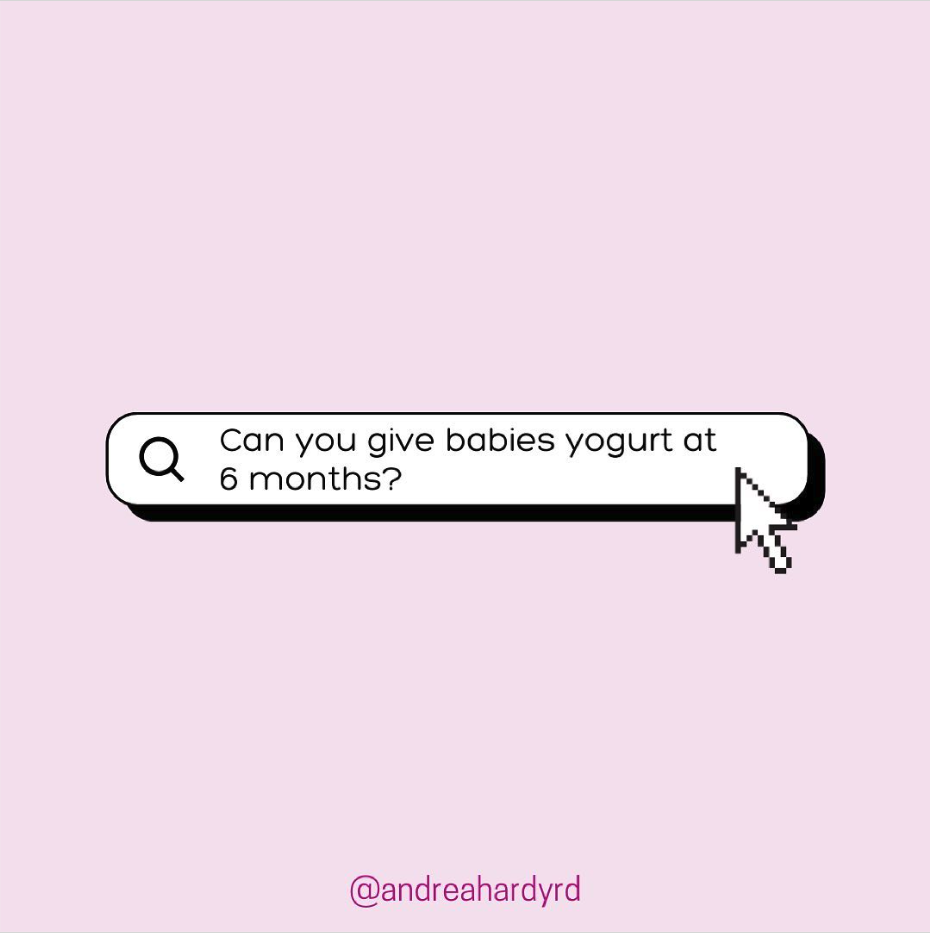In my practice as a registered dietitian my patients sometimes ask me about my experiences with pregnancy. Let’s talk all about your infant’s nutrition including their microbiome. We discuss what you can do to support your newborn’s microbiome as well as other commonly asked questions!
Baby’s microbiome
ooh baby baby, baby baby! ohh baby’s microbiome, baby’s microbiome🤰🏼🎤🦠
Your baby’s microbiome begins developing from the moment baby is born with microbes from your vagina and rectum, as well as skin-to-skin contact, and baby’s environment.
Does c section impact the gut microbiome?
People are often worried about C-section and impact on the gut microbiome, as research has found babies born by c-section have higher rates of asthma, allergies, and IBD just to name a few.
A systematic review determined that while microbiomes of C-section vs. vaginal delivery babies were quite different in the first 3 months of life, the differences disappear after 6 months, when solid feeding begins.
However, the first 3 months of life is critical for immune system development (& 70% of our immune system is found in our gut and influenced by our microbiome).
I can understand that this can be upsetting (mom guilt!) so I’m going to share my personal and professional opinion on the matter.
Should I have a c-section?
1) C-sections are often performed out of necessity, having one is more complex than a ‘what if’ around baby’s microbiome, especially when the science isn’t super well established. If you need a c-section or opt for a c-section – make an informed choice that makes sense for YOU and BABY.
2) There’s a TON you can do to help your baby’s microbiome! This includes things like taking care of YOUR microbiome before baby is born, because it’s your microbiome that is going to significantly shape baby’s!
Other things include breastfeeding if able, skin to skin contact, and using antibiotics judiciously.
3) Researchers are also exploring vaginal swabbing, though there are some risks around doing this, so it’s not often offered at this time.
4) While higher abundance of Bifidobacteria is associated with healthy maturation of the immune system, we don’t want to willy nilly give certain microbes without knowing their effect. For the time being it is NOT appropriate to give baby a probiotic for seeding – we just don’t know the implications of a probiotic taking up space in the microbial niche of your newborn, and what the benefits/risks are of that.
Can probiotics help infant reflux?
#sciencesquad verdict on probiotics for infant reflux is… 🥁
Definitely worth considering – if you time it right!
Unfortunately this cute lil bub’s reflux is getting progressively worse (if we’re not upright, we’re not very happy, especially as the day progresses with more frequent feeds!)
On top of conservative management (upright after feeds, head of bed elevated, small frequent ‘meals’) we’re trialling a PPI (proton pump inhibitor) but of course, I had to look into the current evidence on probiotics for reflux and regurgitation in infants!
In small studies, a specific strain of Lactobacillus reuteri (L. reuteri DSM 17938) administered from birth shows significant positive results
Benefits of probiotics for infants:
- 🤢 Decreases in regurgitation
- 💨 Improved gastric emptying
- 😿 Reduced daily crying time
- 💩 Increased number of stools
It’s important to know these interventions occurred from birth onward. While we’re past birth (when the research intervention occurred), it could definitely be something to consider trialling (and trust me, you’ll consider anything when your babe cries every time you lay him down for hours on end!)
Check out probioticchart.ca for more details @aeprobio
DOI: 10.1111/j.1365-2362.2010.02425.x
DOI: 10.1016/j.jpeds.2007.11.005
Is yogurt safe for babies?
Is the bacteria in yogurt safe for babies?
First and foremost – choosing when to give babies dairy products can be confusing. Typically, it it’s not recommended to introduce cow’s milk until your baby is 9-12 months of age because it can displace intake and impact absorption of the iron rich foods that should be the focus.
But what about yogurt for babies?
If your baby is doing well with solid foods, you can introduce yogurt the same way you would other new foods – though typically we recommend ensuring yogurt isn’t the ‘star of the meal’ so that it doesn’t displace those iron rich foods!
But what about the bacteria?
Yogurt contains cultures of beneficial bacteria including:
- 🦠Lactobacillus bulgaricus
- 🦠Streptococcus thermophilus
These microbes are safe to consume and even offer benefits to our health! They help to digest lactose, reduce risk of chronic disease in adults, and some studies have even shown yogurt consumption in children is associated with a reduced risk of atopic dermatitis. This is speculated to occur by helping train the immune system and support populations of beneficial microbes in the gut.
While we still have a lot to learn about the benefits of yogurt consumption, introduction of this food is definitely one I can get behind as a gut health dietitian. #moremicrobes!
Are you a yogurt fan?




Recent Comments